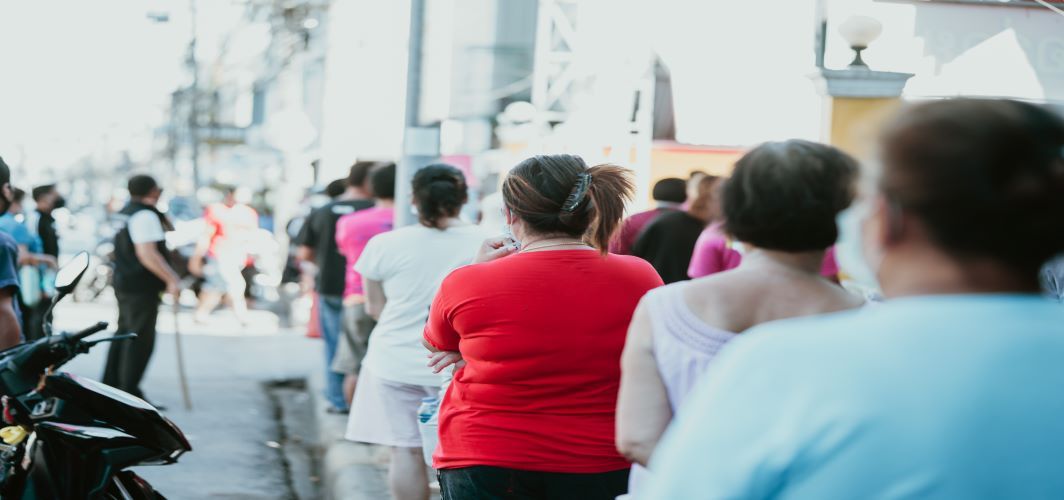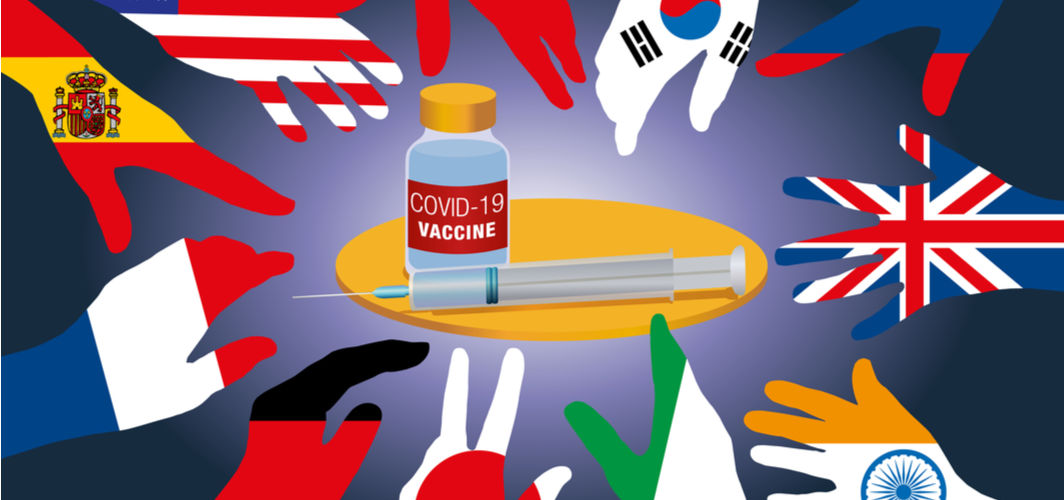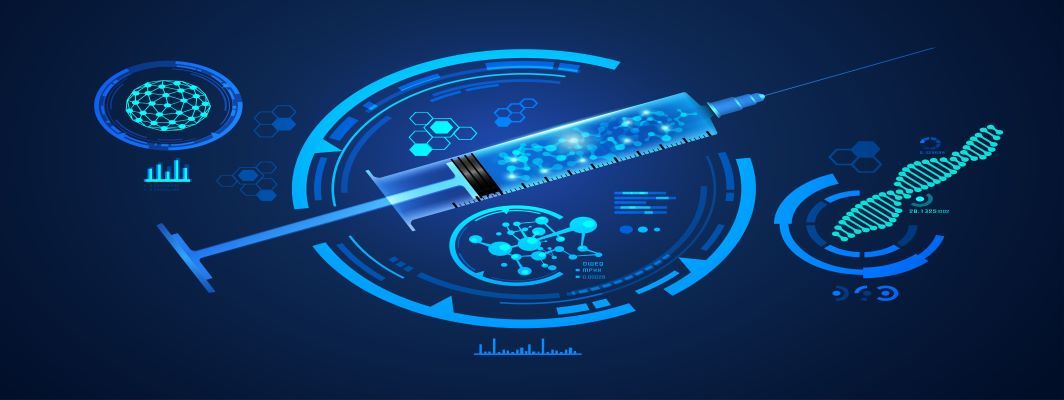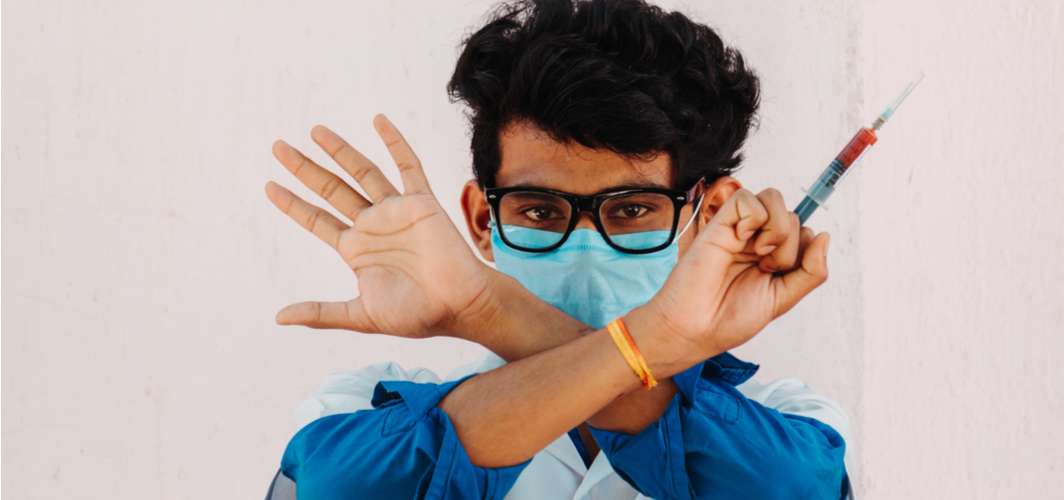The first case of Coronavirus disease in India was reported on January 30, 2020. Since then, more than 80 lakh people have been infected by the virus in the country. The ensuing pandemic has resulted in more than 1.2 lakh deaths. Although the number of new daily cases have decreased in October, there is a fear of the next wave of COVID-19 infections. Some experts have warned that the number of cases could increase during and after the festive season. They also believe that the viral infection will continue to stage a comeback until a vaccine is found. How are we preparing for the COVID-19 vaccination?
According to the Union Ministry of Health and Family Welfare, the COVID-19 vaccine will be available in India by early 2021. The head of Serum Institute of India, which is manufacturing the Oxford/AstraZeneca vaccine for India has recently said that based on the trial progress, the vaccine may be available for use in Dec 2020 if the government decides to provide “emergency authorization use”. If the government does not take the route of the emergency approval, the vaccine will be available in early 2021.
The central government is reportedly planning to distribute the vaccine under a special COVID-19 immunization programme. The National Expert Group on Vaccine Administration for COVID-19 is currently working on the implementation plan of the programme. According to the draft plan, 25 to 30 crore people will be covered by July 2021, as part of the first phase of the immunization programme.
The vaccine is expected to be procured directly by the central government from drugmakers. States and Union Territories have been asked by the central government to enact a 3-tier system to oversee the rollout of the vaccine. The three tiers will include a state steering committee, a state task force, and a district task force.
The existing digital platforms and processes used for the Universal Immunization Programme (UIP) are being ramped up to fast track COVID-19 vaccination. Efforts are being made to enhance the Electronic Vaccine Intelligence Network (eVIN) that provides real-time information about storage temperatures and vaccine stocks across all cold chain points in India. Private sector cold chain facilities are being mapped to supplement the existing facilities being utilized under the UIP. To ensure successful COVID-19 immunization, online training modules are being created for healthcare workers.
Who will get priority access to the COVID-19 vaccine?
Since the vaccine is expected to have limited availability in the early days, careful planning has to be done to ensure priority availability to people who need it the most. The union health minister said recently that two parameters will decide the priority for COVID-19 vaccination in India – risk of exposure to the virus, and the risk of developing serious complications if infected with the virus.
Considering this, the priority beneficiaries to be covered under the first phase of the COVID-19 immunization programme is likely to include four groups of people:
- Healthcare workers, including doctors, nurses, ASHA workers, MBBS students and possibly pharmacists
- Frontline workers, including municipal corporation staff, police, and armed forces
- People above the age of 50
- People below than the age of 50 but with chronic health conditions (like diabetes, heart diseases, cancer, kidney and lung conditions, etc)
Taking this into account, an estimated 55-60 crore doses of the vaccine would be procured to vaccinate the priority beneficiaries - around 30 crore people (assuming 2 doses per person).
How much would a COVID-19 vaccine cost in India?
As of now, there is no clarity regarding the pricing of the COVID-19 vaccine as almost all the major contenders are in different stages of development and clinical trials. The pricing will likely become clear once a vaccine is approved for use.
However, indications have been drawn from statements issued by some of the vaccine manufacturers such as Pune-based Serum Institute of India (SII). SII has said the pricing of the vaccine is being discussed at the highest levels at the government, and that they expect it to be priced in such a way that it will equitable and affordable for all people across the country.
It is still not clear whether any particular section of the population will receive the vaccine free of cost. It has been reported earlier that an amount of Rs 50,000 crore has been earmarked for the COVID-19 vaccination programme. However, industry experts believe a bigger budget, in the range of 80,000 crore, would be required to vaccinate every person in the country. A lot of details are being worked out and are expected to be announced to the public in the weeks ahead.
What are the major challenges?
Augmenting cold chain facilities will be a key challenge for the central government’s COVID-19 immunization programme. Almost all the major COVID-19 vaccine candidates need to be stored at sub-zero temperatures. Without an adequate and robust cold supply chain, vaccines will be at the risk of getting exposed to temperatures higher than the recommended range. This will result in reduced vaccine potency and wastage. Being a warm tropical country, India will need to augment its cold chain facilities. As of now, the country has over 27,000 cold chain points. It is estimated that a further 16,000 cold chain storages would be required in the coming days.
Another key challenge will be ensuring the accessibility of the vaccine. A sizeable percentage of the Indian population resides in remote regions with harsh terrains, and carrying out a successful COVID-19 vaccination programme to include every corner of the country will be a challenging undertaking.
Conclusion
Over the last few weeks, there has been a steady decline in the number of new COVID-19 cases in India. Recoveries have increased and death rates have fallen further. But the arrival of the festive season has the potential to reverse this positive trend. Experts believe that only a safe and effective vaccine can halt the spread of COVID-19 significantly.
Ensuring equitable distribution of COVID-19 vaccine in a vast country like India will require extraordinary efforts. The central government, regulatory bodies, vaccine manufacturers and private healthcare players are working together like never before to ensure the seamless and timely rollout of a vaccine. Hopefully, the hard work will bear fruit for the entire country.
Register yourself with the vaccine tracker for the latest updates on COVID-19 vaccines.







